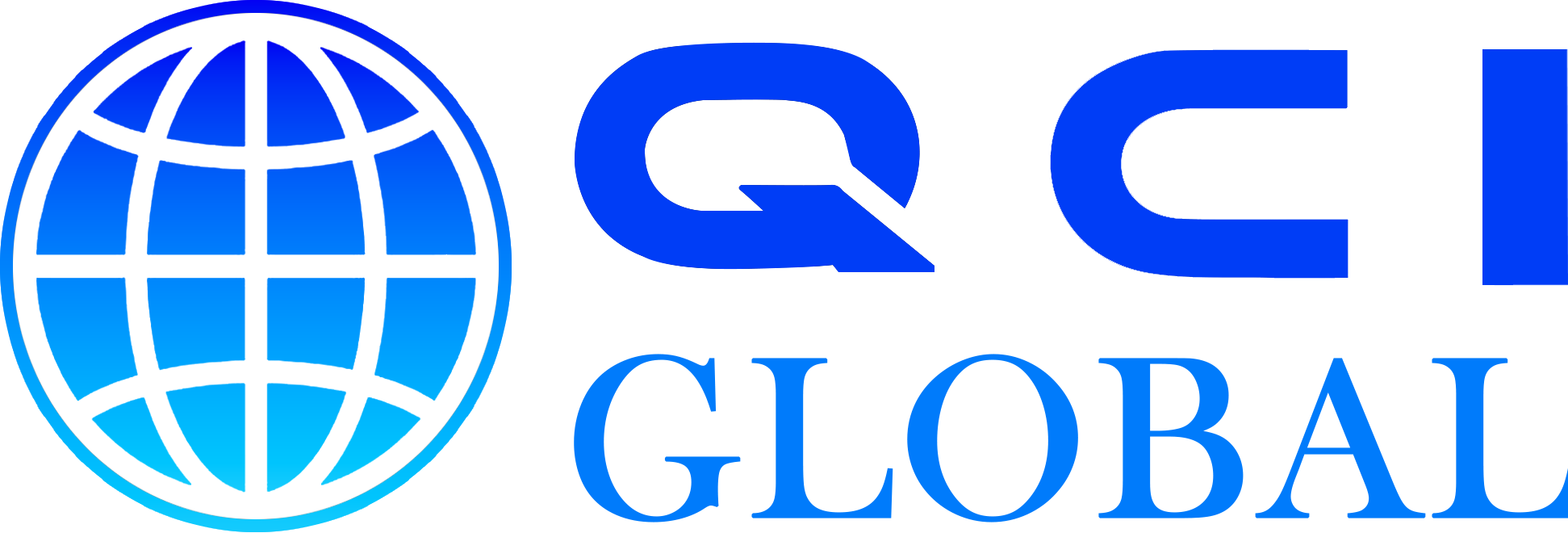ISO 20000 IT Service Management
Achieving ISO/IEC 20000 certification for IT service management enables organizations to stand out in a competitive market, boosting credibility and enhancing brand trust.
ISO 20000-1:2018, the current version of this internationally recognized standard, offers a comprehensive framework to establish and manage a reliable IT service management system (SMS).

Today’s environment is filled with intense scrutiny but being competitive means never standing still.
QCI Global helps you see a way forward so you can advance confidently.
Meet Contractual Requirements
Adopting ISO 20000-1:2018 highlights an organization’s commitment to fulfilling client and regulatory expectations in IT service management. It demonstrates a structured and proven approach to consistently deliver services that meet contractual obligations.
Keep Customers Front of Mind
Organizations certified to ISO 20000 consistently deliver a superior customer experience. By promoting quality, transparency, and reliability, the framework highlights the organization’s promise to deliver top-tier IT service management.
Drive Business Performance
By aligning IT service management goals with broader business objectives, ISO 20000 helps organizations enhance operational efficiency and performance. The standard supports setting measurable goals that drive growth, innovation, and customer satisfaction.
Easily Integrate with Existing Management Systems
The design of ISO 20000-1:2018 adheres to the High-Level Structure (HLS), also known as Annex S. This structure ensures seamless integration with other management system standards, such as ISO 9001 (Quality Management) or ISO 14001 (Environmental Management), simplifying enterprise-wide implementation and compliance.
What Is It?
ISO 20000 employs a risk-based approach to IT service management. This means organizations are encouraged to proactively identify, evaluate, and mitigate risks that may impact service delivery.
Globally acknowledged for promoting IT service excellence, ISO 20000-1:2018 outlines a structured and strategic approach for organizations to develop, implement, manage, and refine their IT service management systems.
Following the release of ISO 20000-1:2018, organizations will have three years to transition to the new edition.
Key transition dates include:
- 30 Sep 2018: Organizations can choose to certify to the 2018 edition of the standard from this date. The 2011 edition is still valid.
- 31 Mar 2020: Organizations looking to adopt ISO 20000 or are due for re-certification must certify to the ISO 20000-1:2018.
- 29 Sep 2021: All existing organizations must be transitioned to the 2018 edition of the Standard.
To implement an effective service management system, ounderstanding the services an organization delivers and the requirements of its stakeholders is crucial for implementing an effective service management system.
Top management plays a crucial role in the success of a service management system. Their commitment and involvement are essential for driving the implementation and continual improvement of the system.
In addition to planning the scope of the service management system including the list of services offered and the requirements to operate, organizations must identify and address the risks and opportunities that could impact performance.
Managing the service lifecycle, organizations can ensure that services are designed, delivered, and improved in a controlled and systematic manner, leading to consistent and predictable outcomes that meet customer expectations.
Organizations need to establish key performance indicators (KPIs) to measure the effectiveness of their information security processes and ensure the protection of information assets.
Continual improvement is crucial for organizations to stay competitive and enhance their performance. By focusing on exceeding customer expectations and fostering a culture of improvement, organizations can drive success and achieve sustainable growth.
Next Steps
Whether you’re new to ISO 20000 or ready to implement the Standard, we can assist you.
Start
- Purchase the ISO 20000-1:2018 standard
- Undertake training to build expertise
- Implement the Standard
Implement
- Contact QCI Global to discuss requirements, timeframes and costs
- Review and accept proposal to book audit dates
- Take an optional pre-assessment
- Perform a gap analysis
Certify
- Undertake a Stage 1 audit
- Complete a detailed, Stage 2 certification audit
- Upon successful certification, display the ‘Five Ticks’ StandardsMark™
Maintain
- Conduct Surveillance Audits annually
- Recertify to ISO 20000 every three years
- Establish a continuous improvement culture
Optimize
- Market for brand and promotional benefits
- Optimize commercial teams
- Ensure shareholder and stakeholder awareness

Start Your Transition Journey to ISO 20000–1:2018
Organizations have three years to transition from the release date of September 30, 2018. Contact QCI Global to start your transition.
Steps to CertificationRelated Services
In addition to the services mentioned earlier, there are several related services that can further support improving business excellence maturity and sustainable business practices. These services include:






